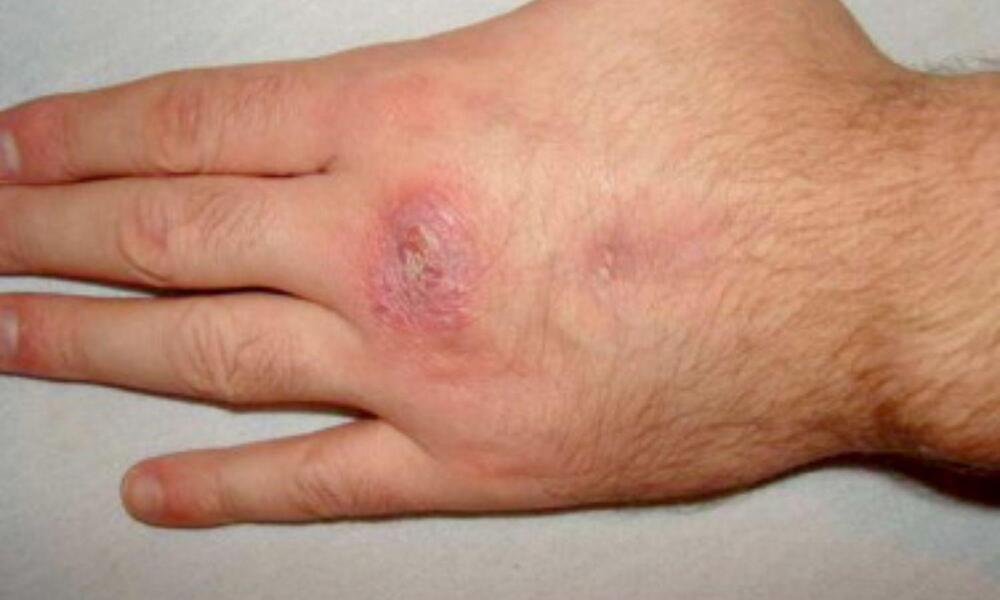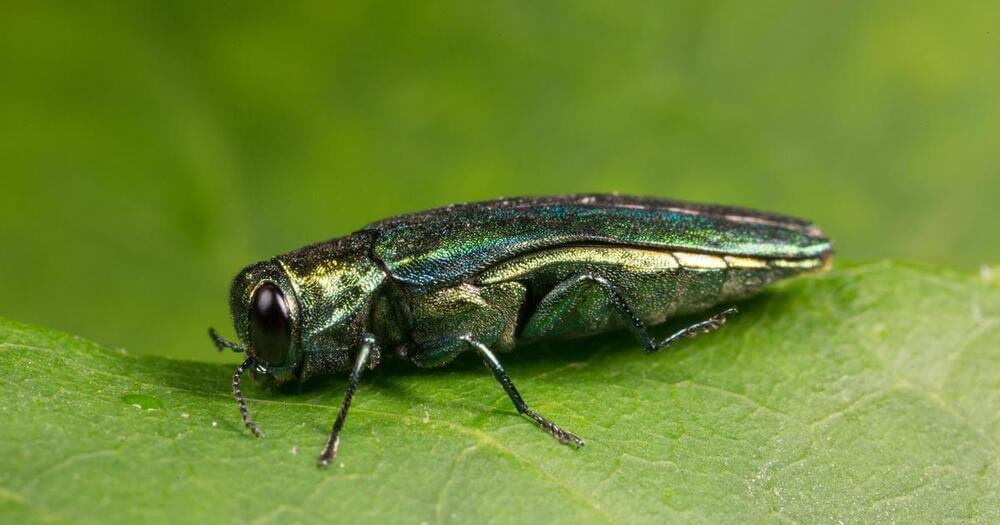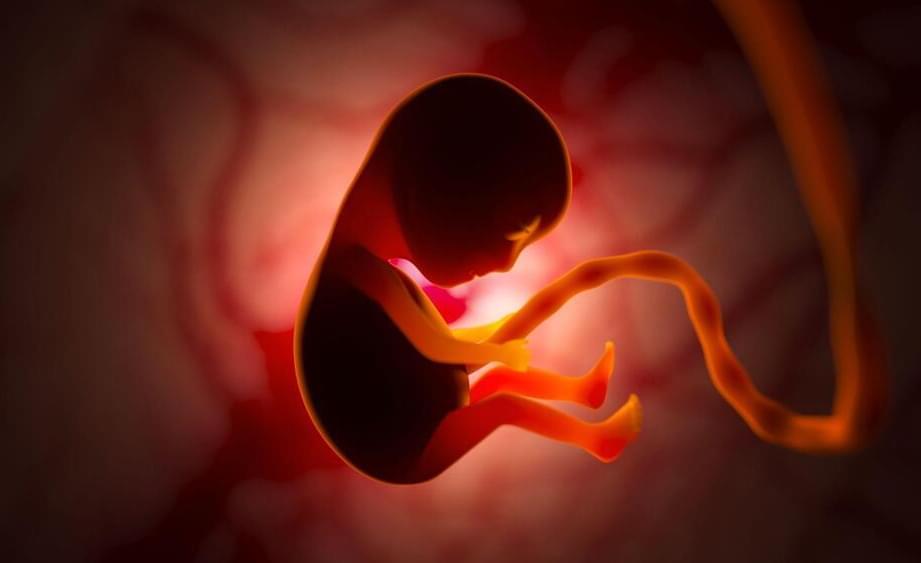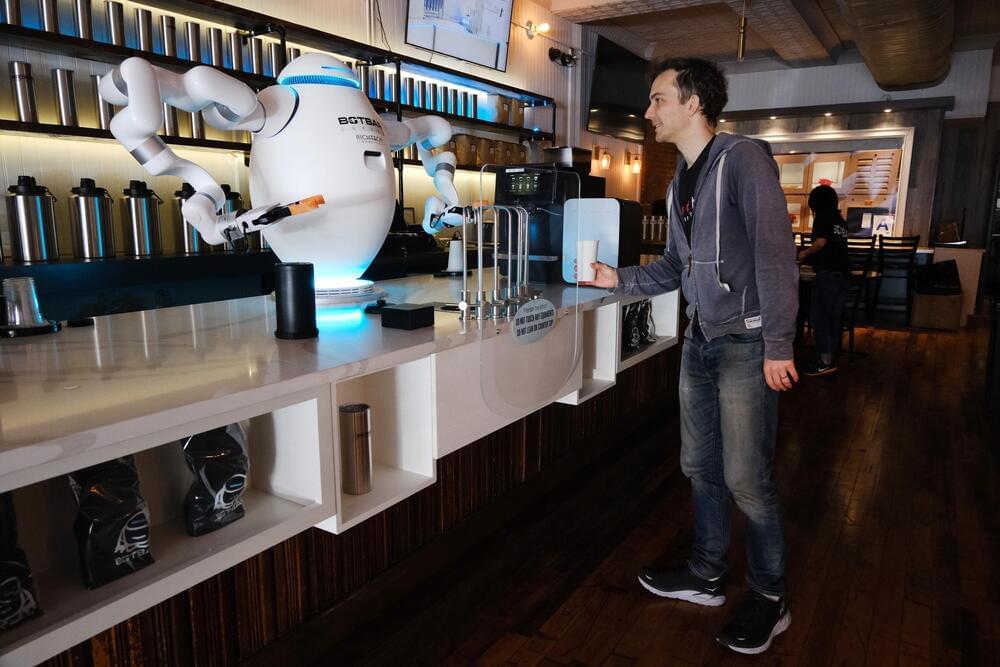Jul 14, 2023
Sugar molecule found in breast milk boosts infant brain development
Posted by Shubham Ghosh Roy in categories: food, neuroscience
Breast milk is not simply sustenance. It also is rich in micronutrients that are critical for healthy brain development in infants.
Now, researchers have identified a component of breast milk that promotes how neurons form connections in infants’ brains. Myo-inositol is a small cyclic sugar molecule in breast milk that also is found in a typical adult diet, including in fruits and grains. The study emphasizes the powerful role that what we eat plays in brain function. It was published in PNAS on July 11.
“The effects of micronutrients on the brain are really under-appreciated,” says Thomas Biederer, Ph.D., associate professor of neurology and principal investigator. “As a neuroscientist, our findings were stunning to me.”

















